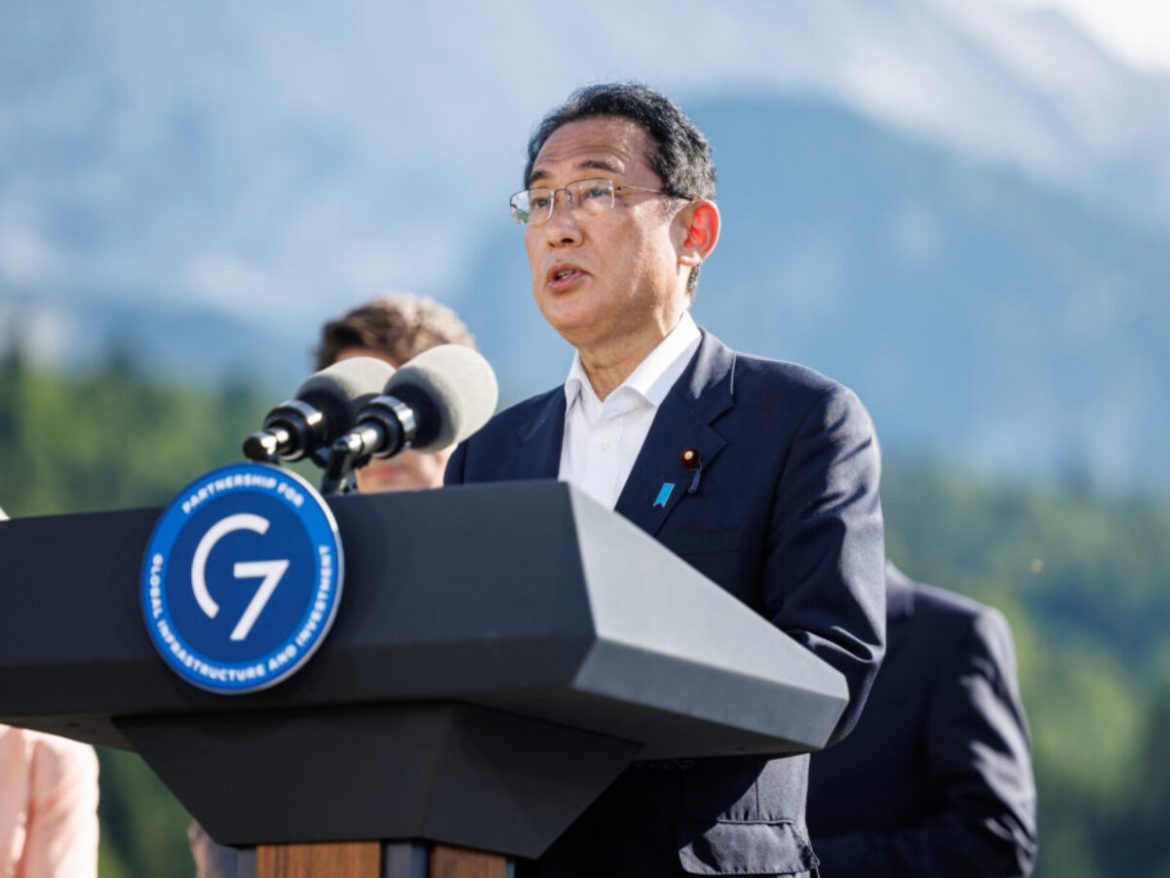As preparations for the G7 Hiroshima Summit that Japan will host from May 19 to 21, 2023 continue, the Japanese government has been asked to place the climate crisis and energy issues on the agenda.
In a statement released by 350.org, an environmental campaign group in Japan, it noted that it is essential to place these issues on the agenda of the G7 Hiroshima Summit not only to succeed the G7 Elmau Summit in Germany but also to make the agreement go further than the previous commitments.
When the G7 Hiroshima Summit gets underway in May 2023, 350 wants the world’s seven major economies to show leadership to the rest of the world by confronting the latest scientific findings and the escalating climate crisis to achieve an agreement that will significantly strengthen measures compared to the G7 Elmau Summit in 2022.
The campaigners want the Japanese authorities to stop promoting “false solutions” at the G7 Hiroshima Summit and steer the agenda toward an essential shift away from fossil fuels.
Read also: Lawmaker seeks the establishment of National Ecological Intervention Commission for flood victims
“The Japanese government has been delaying the transition away from fossil fuels by promoting ‘GX’ technologies such as next-generation nuclear power, carbon capture and storage (CCS/CCUS), and ammonia/hydrogen co-firing with fossil fuels for thermal power generation. The COP27 agreement also identified renewable energy as a critically important decade-long measure.
“We should turn to ‘real solutions’, such as thorough energy conservation and expansion of renewable energy, instead of ‘false solutions’, which are fraught with technological uncertainties, will not allow us to meet the critically important emission reductions by 2030, and are more expensive than energy conservation and renewable energy,” the group said in the statement credited to it.
At the G7 Hiroshima Summit, the group requests that a strong political message should be sent out regarding the transition away from fossil fuels, more advanced than at the G7 Elmau Summit and wants the G7 countries, including Japan, to put forward a political message that promotes a fair transition away from all fossil fuels and toward renewable energy.
“In preparation for the G7 Hiroshima Summit, we must immediately announce our intention to significantly raise Japan’s climate change targets and measures to be consistent with the Paris Agreement 1.5°C target. Without strengthened domestic policies, Japan will not be ready for international leadership. According to scientists, Japan’s 2030 greenhouse gas emission reduction target is insufficient to meet the Paris Agreement 1.5°C target and must be raised to a 62% reduction.
“To achieve this goal, it is essential to strengthen regulations on fossil fuels and carbon pricing, and drastically expand energy conservation and renewable energy measures. There is also an urgent need to review diplomatic strategies around climate change and energy, as Japan has reportedly weakened its agreement on decarbonising coal and fossil fuels and electric vehicles during the G7 Elmau Summit process, according to a report by Oil Change International. Japan ranked first in the world in public funding for fossil fuels from 2019-2021,” the group added.
According to 350 Japan, it will continue to closely monitor the process of the G7 Summit and, as a member of the G7 Civil Society Coalition 2023, will urge Japan and other G7 governments to strengthen their response to the climate crisis in cooperation with diverse civil societies.
Story was adapted from EnvironNewsNigeria.
